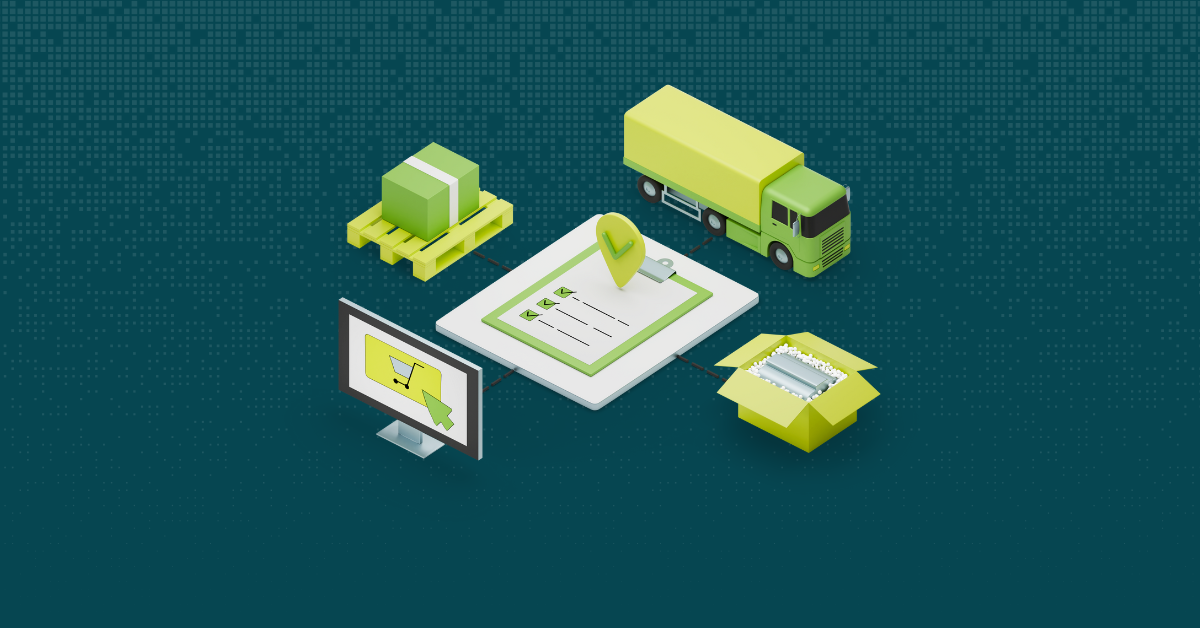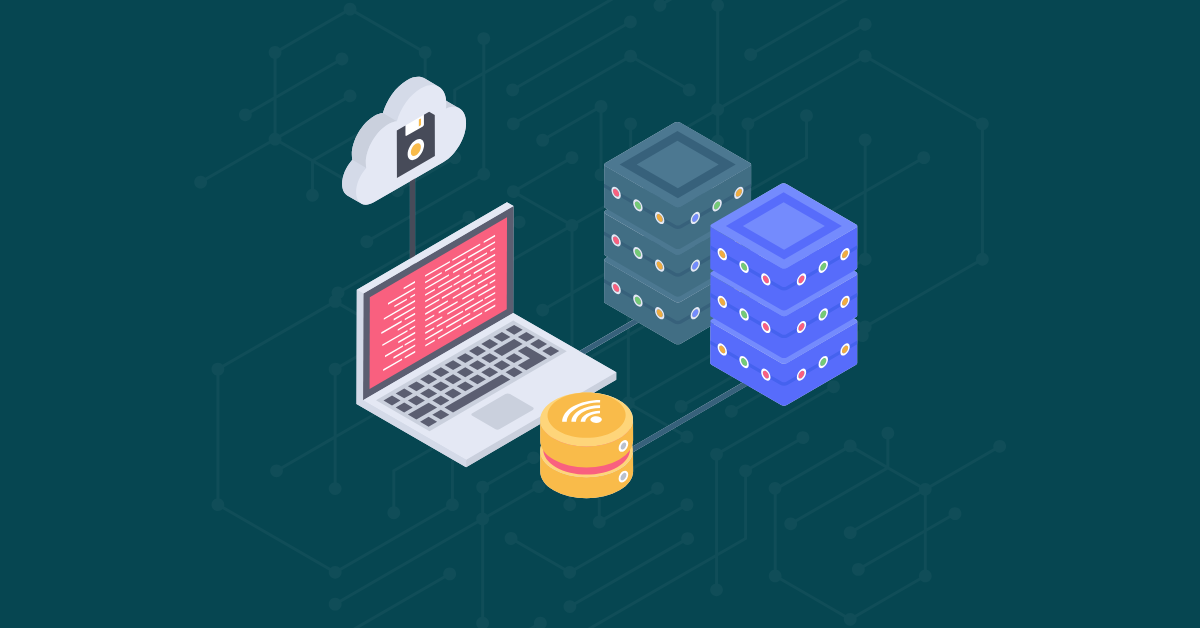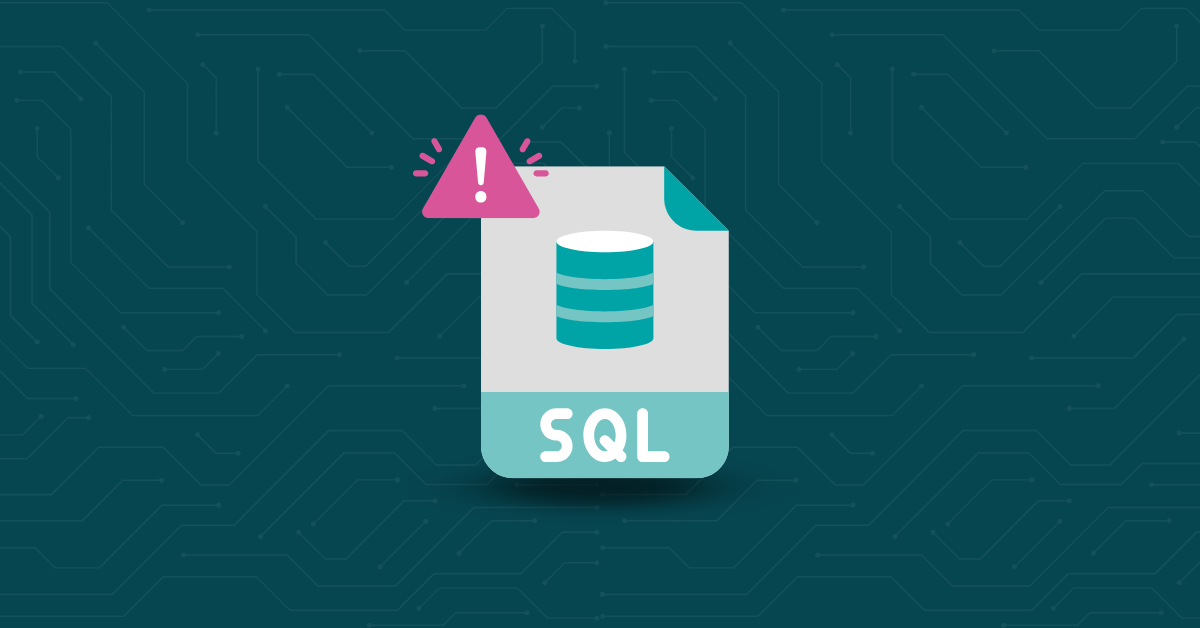

In the early days of software development, frameworks were often linear, and separating development from operations made sense. Projects had distinct phases and requirements, with security usually bolted on at the end. However, as the pace of development accelerated and security risks grew, this approach created friction and slowed response times to evolving threats.
DevOps emerged as a solution, fostering collaboration between development, operations, and security to deliver high-quality, secure software faster. Here are seven reasons why incorporating DevOps is essential for modern businesses aiming to build resilient, secure applications.
The first-mover advantage can provide a significant edge in today’s fast-paced business environment. DevOps practices, especially CI/CD (Continuous Integration and Continuous Delivery), enable rapid, reliable code integration and testing. Automation tools eliminate the need for repetitive manual tasks, accelerating time to production without sacrificing security.
By integrating SAST (Static Application Security Testing) directly into the CI/CD pipeline, development teams ensure vulnerabilities are identified and remediated as part of the delivery process. This means security is woven into faster release cycles, helping businesses stay competitive while securing their applications.
DevOps eliminates the traditional silos between development, operations, and security. With a DevSecOps approach, these teams work together throughout the Software Development Lifecycle (SDLC), sharing insights and addressing potential risks early.
Cross-functional collaboration is essential for creating resilient applications. With continuous feedback loops, teams can proactively address security and functionality issues. By embedding security in every phase, organizations can foster a culture of security awareness, ensuring that security isn’t an afterthought but a core aspect of the development process.
Quality in DevOps extends beyond performance to encompass security and user experience. Automated testing is fundamental to DevOps, catching flaws and security vulnerabilities before they reach production. Some tools allow development teams to automate unit, integration, and security tests as part of their CI/CD workflow, ensuring that each code iteration meets security and quality standards.
Continuous monitoring and logging provide valuable insights into application health, user behavior, and security events. These proactive measures allow teams to identify performance bottlenecks, anomalies, and potential vulnerabilities in real time, reducing the likelihood of security issues impacting end users.
DevOps prioritizes automation to handle repetitive tasks such as code integration, testing, deployment, and infrastructure provisioning. This efficiency extends to security, where tools like Kiuwan automate vulnerability scanning, giving teams more time to focus on strategic initiatives and innovation.
Automation in security testing reduces human error and ensures that security practices are consistently applied, helping teams maintain high productivity without sacrificing application security.
Modern applications must be scalable and adaptable to meet fluctuating demand. DevOps enables teams to respond rapidly to these changes, scaling applications up or down as needed and integrating new features in response to market demands.
Efficiency and automation in DevOps translate to cost savings by reducing the need for manual intervention and lowering the risk of costly security breaches. With faster development cycles and tools like Kiuwan for automated security testing, organizations can quickly release secure, high-quality applications.
Moreover, DevOps reduces support costs by decreasing errors and vulnerabilities before production. A secure, efficient DevOps pipeline improves profitability and enhances customer satisfaction by delivering responsive, secure products that meet users’ needs.
DevSecOps, the security-integrated approach within DevOps, embeds security practices at every stage of development. By “shifting left” on security, teams use tools like Kiuwan to perform continuous, automated security scans from the earliest stages of development. Vulnerabilities are identified and remediated before they become deeply embedded, reducing risks and the cost of fixes.
A strong SAST solution like Kiuwan allows teams to scan for vulnerabilities in the source code, while Software Composition Analysis (SCA) ensures secure management of third-party components. Security as Code practices further codify security policies, consistently applying them across development, deployment, and production. This protects applications and establishes a culture of security awareness within the organization.
In today’s threat landscape, taking an end-to-end approach to security is essential. With Kiuwan, organizations can proactively identify and remediate vulnerabilities, ensuring security is embedded in every development lifecycle phase. Request a free demo to see how Kiuwan’s DevSecOps solutions can protect your applications, accelerate time to market, and support a robust, scalable security strategy.


